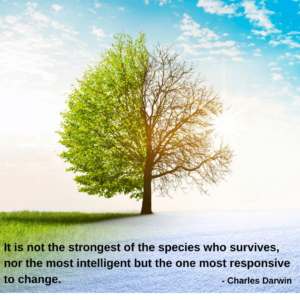Cognitive Fitness – part 2

Part 2 on Cognitive Fitness as resilience, which is the capacity to adapt successfully in the presence of risk and adversity.
To be healthy is to be flexible and adapt to demands of each situation.
Learn to develop realistic optimism. This is the capacity to approach problems solving. It is about being able to realistically see the negative about a situation, without minimizing or denying it. At the same time, it is about not over-generalizing the positives so that you only see the future through rose colored glasses. Stay open to future possibilities. So, for folks with a history of abuse within the family, an optimist might continually hope and yearn for her parents to change. A realistic optimist is open to the possibility that her parents might change, but is not hanging onto that hope as a life raft.
Develop confidence in your ability to bring about positive outcomes. You can focus on your abilities and not on your disabilities. You can learn to strengthen yourself in areas that you do not feel as competent in. Develop a list of past challenging situations that you overcame, how did you do it? What skills and strengths did you apply to the situation? This needs to be tempered again with realistic expectations. For example, in the current social environment, a Black man may have confidence in his ability to be a strong father to his children, while also acknowledging the emotional, physical and financial limitations on him given the racist system in which he lives.
Much of the above information is based Dr. Donald Meichenbaum’s book Roadmap to Resilience.










